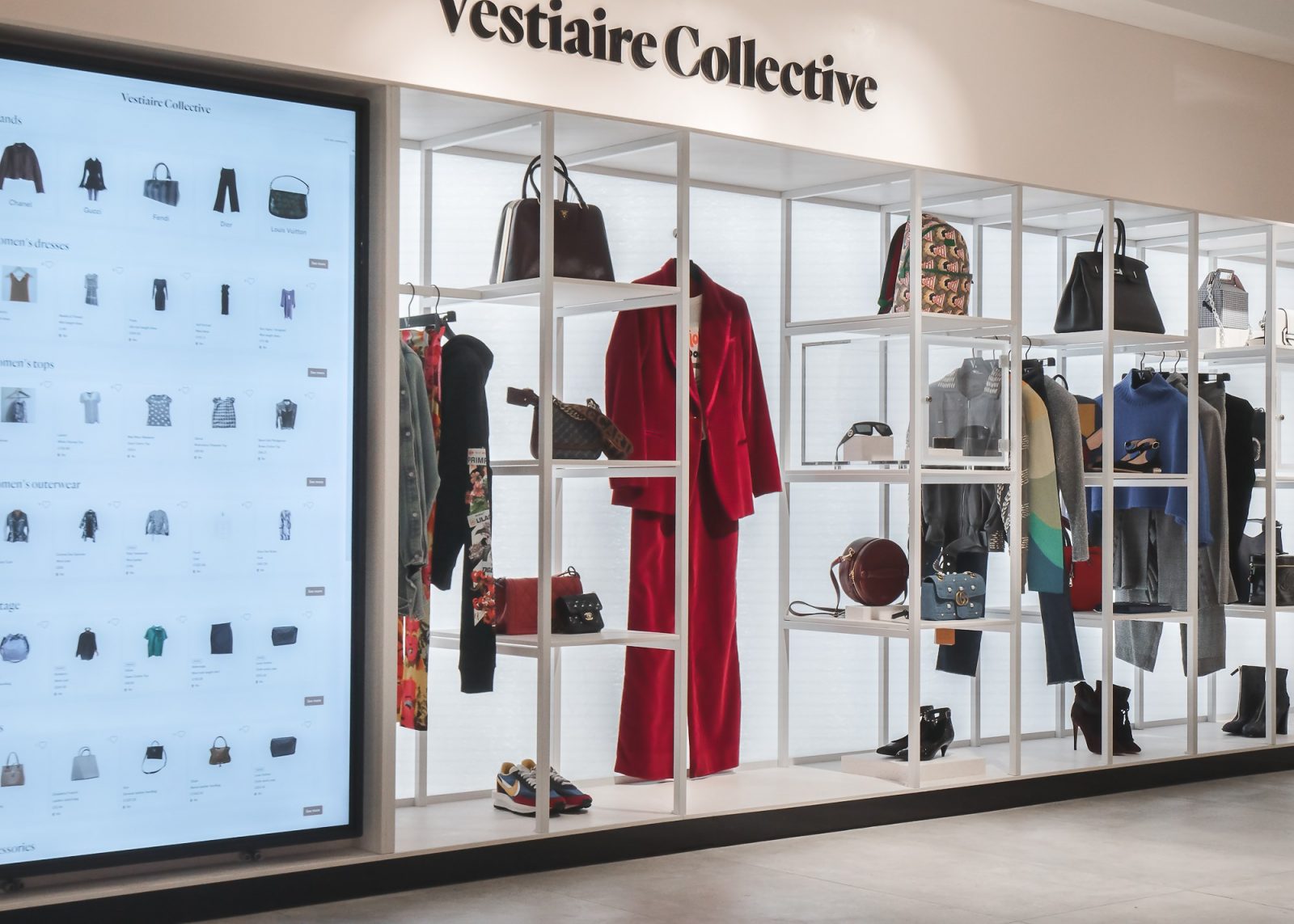Should the Resale Market Reject Fast Fashion?
Recently, Vestiaire Collective – a platform specializing in resale – announced its decision to stop selling fast fashion items. The list of rejected brands includes familiar fast fashion names such as Shein, Fashion Nova, Topman, and Topshop.

The fashion resale platform Vestiaire Collective declared that it would refuse and remove all fast fashion items from its system starting from November 22. The company, headquartered in Paris, stated that this move is part of its “mission to drive collective change towards a circular fashion economy” and “reinforce the concept of quality over quantity,” encouraging consumers to invest in craftsmanship for better value.
Vestiaire Collective outlined its three-year plan, which includes hiring an external agency to establish “a robust set of criteria around ‘fast fashion,’ including low-quality products, working conditions, and carbon emissions.” Brands falling under these categories will be banned from the website. Vestiaire Collective also released a list of rejected brands, including Shein, Asos, Atmosphère, Boohoo, Burton, Coast, Dorothy Perkins, Fashion Nova, Karen Millen, Miss Selfridge, Missguided, Na-Kd, Nasty Gal, Oasis, Pretty Little Things, Topman, and Topshop.
Dounia Wone, Vestiaire Collective’s Impact Director, stated: “Fast fashion has no value and even less value when resold. We are taking this step because we do not want to be complicit in an industry that has such a significant impact on the environment and society.” Wone added that the current system “encourages overproduction and excessive consumption of low-quality items, resulting in a large amount of fashion waste.”
Vestiaire Collective’s move is garnering attention within the community. While the resale market continues to grow, driven by environmentally conscious younger consumers, there are opinions suggesting that fashion, regardless of its segment, should be reused rather than discarded, including fast fashion.
From a business perspective, decisively dealing with fast fashion will position Vestiaire Collective better in the luxury resale segment, which is increasingly competitive with names like The RealReal, The Outnet, and Mytheresa. However, fast fashion still has resale platforms in lower segments like Depop, Poshmark, and Vinted.
To avoid creating more waste through its ban, Vestiaire Collective “commits to seeking and promoting practical solutions for fast fashion items already owned by members,” including repairs, recycling, upgrades, and constructive contributions. The company stated that its latest decision came after a group of employees visited Kantamanto in Ghana, the world’s largest recycling area. According to Vestiaire Collective, approximately 15 million garments pass through the Kantamanto market every week, with 40% of them being waste.
In recent years, more companies have entered the resale market, which is booming at present. Estimates suggest that the global resale market, including clothing, footwear, and accessories, is valued at $100-120 billion, triple the scale of 2020, according to a report by the Boston Consulting Group (BCG) and Vestiaire Collective.
Even Shein, the fast-fashion brand from China, has launched a resale platform to counter some criticisms about the fashion waste it generates. Companies entering the resale market position themselves as a solution to the sustainability issues of the fashion industry. However, the reality is more complex.
For luxury goods, in the resale market, some buyers may access their favorite products at more affordable prices. Moreover, some luxury items can even bring profits to sellers when their prices increase after resale. This encourages more luxury item purchases with the aim of investment. By reintroducing items that are no longer needed into the market, this also promotes a stronger consumer culture. However, reselling to buy something new does not significantly reduce carbon footprints or truly provide sustainable value to the environment.
Orsola de Castro, co-founder and creative director of the non-profit organization Fashion Revolution, commented: “Reselling, it might encourage us to overcome the guilt feeling, ‘I can buy something new because I can put it on resale platforms, so it’s fine.’ It’s not fine! It cannot be our solution unless everything else before it is. We need to resell clothes, but clothes need to be made carefully and with quality rather than with a mass of 150 tons of garments per year as it is now.”
Many fashion experts also note that fast fashion products are not created in a way suitable for resale. They are not suitable for recycling or multiple uses. Therefore, necessary changes in the fashion industry involve reducing consumption, improving recycling technology, and ensuring clothing is produced fairly and responsibly towards the environment.

